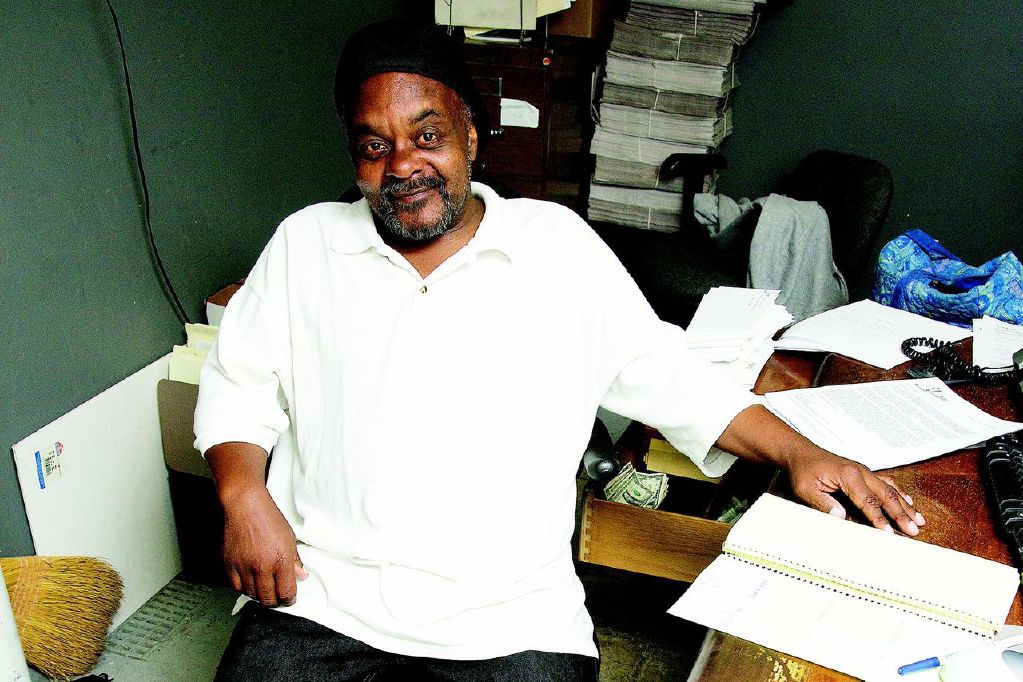Last Friday I got up—or rather, tried to get up—after a rather sleepless night. Like my favorite fictional superhero and his arch enemy, I suffer from insomnia, but unlike them, I struggle to do the whole rise-and-shine thing the next morning. But this was a little different.
I’d been tossing and turning all night because I was experiencing pain in my feet. As a diabetic, panic always seems to slip in when I feel discomfort involving my feet, and only those who suffer from diabetes will know what I mean. After reading up on what might have been happening to me, I made my way to the local ER and was diagnosed with gout or—as we like to say—rich man’s disease.
The surprising thing about all this was the reaction the ER doctor had to the fact that I’d already figured out what was going on.
“How would you know you had gout if you’ve never had it?” she said, clearly shocked that this obviously poor, black and formerly homeless man could know such a thing.
Now, I know I’m making assumptions here, but hear me out. Obviously, she’d read my chart, and she must have seen that I’m on MassHealth, that I’m disabled and that I’m in a transitional housing situation (you can assume a lot from reading someone’s medical history, and yes, my mom was a nurse). And if you’d heard the way she said it—well, you’d know.
I wanted to say to her that, contrary to popular belief, poor people do care and educate themselves about their health, but I left it alone. (Also, I was in so much pain, she would have called security.) Really, you can’t blame her though—people make assumptions about poor and homeless people all the time, including assuming we don’t know anything or we’re not educated.
When the founders of Spare Change News first got the idea for a street newspaper, we also doubted ourselves. We wondered if we were smart enough to create something to benefit ourselves and others.
As a group, those of us living in poverty or homelessness are looked upon as “less than,” and so, when we do things like create non-profit organizations or read and educate ourselves about an illness, the people who believe themselves to be more educated or elite think, “Wait, you’re poor and stupid. You shouldn’t be able to do that.”
After I left the emergency room, I walked—or rather, limped—to the drugstore where my day took another strange turn. The pharmacist couldn’t fill my prescription because it called for the brand name. According to Massachusetts law, as the pharmacist explained to me, MassHealth will only pay for the generic brand—or, rather, if you think about it, the cheaper, less-effective brand. Of course, I have no way of knowing this, and at this point, I was in too much pain to even care, and my phone was dying, so I couldn’t look it up. (Who makes up these asinine laws anyway?)
Another random thought popped into my head: Why would you make a law that you know will only affect poor folks? Are poor folks expandable? To which, I answer: Yes. After a few rounds of back and forth between the drugstore and the ER doctor, which included a return trip to the emergency room, the pharmacist stepped in and convinced my insurance to cover the medicine I needed. Compassion wins.
As I made my way home, my last random thought of the day came to me. Even with all the silliness and ignorance of people and a health system that have little regard for those less fortunate, I’m still in pretty good shape. Why? Because the people behind all that nonsense and so-called knowledge are not survivors. See, me and my friends—we’re street smart. We know how to survive. So when it all goes to hell and the weight of this pathetic system crashes, they’ll need us. We won’t need them. Hey, that sounds like a video game.

Leave a Reply
You must be logged in to post a comment.